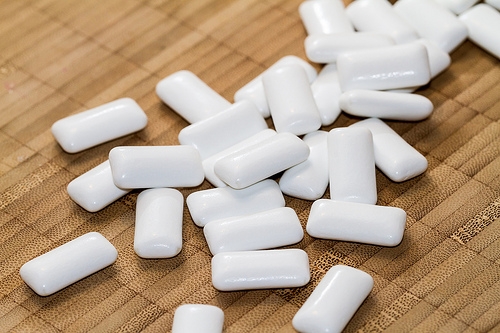Memorial Day: Parades, remembrance, and the unofficial start of summer!
May 20th, 2014

“The purpose of all war is peace.” - Saint Augustine
Fire truck sirens, baton twirlers, marching bands covering patriotic tunes, colorful floats, costumes, and millions of red, white, and blue American flags being waved in the air on a beautiful day in late May, that is what Memorial Day is all about. It is a federal holiday celebrated with town parades, remembrance, and a sense of unity and community togetherness.
Our team at Princeton Restorative & Implant Dentistry wants to take this time to wish you and your family a happy Memorial Day, as well as pause for a moment to reflect on what this holiday means and how it has changed over time. No, this is not a history lesson, but just a couple of thoughts and observances for you to take with you on your way to the next barbecue.
On the last Monday in May, America observes Memorial Day as a time to remember and celebrate the men and women who have lost their lives while serving our country in the Armed Forces. The holiday originated after the Civil War; at that time it was known as Decoration Day. While holidays like Thanksgiving, Christmas, and Easter remain the same from year to year, Memorial Day has changed over time, and in the 21st century we observe a far different holiday than what Americans did after the Civil War, or even the World Wars.
While many people place flags at cemeteries and visit national memorials in order to honor those who have passed away serving the country, Memorial Day is also a time for family barbecues, pool parties, trips to the beach, blockbuster movies, long weekend getaways, and fireworks. In America, Memorial Day has come to represent the unofficial start of the summer – a long, sunny, warm weekend devoted to family togetherness, outdoor events, and community.
It is time to load up the potato salad and the apple pie and head over to the neighbor’s house for their annual barbecue. And yes, contrary to popular belief, we do eat sweets, especially homemade apple pie! Everything in moderation, of course.
So whether you’re in the Princeton, NJ area or beyond, Happy Memorial Day to you and yours from Dr. Stephen Hudis!







